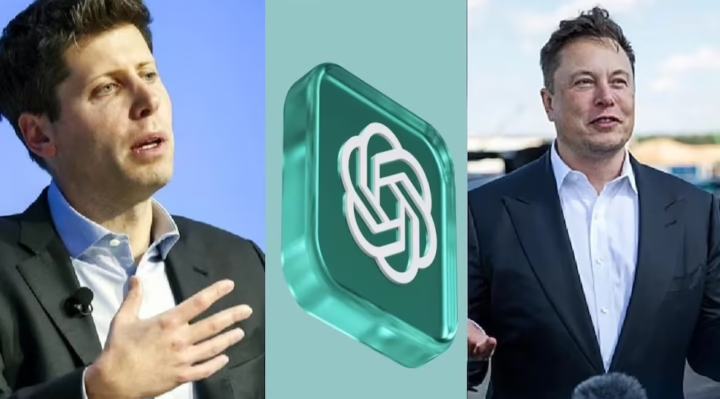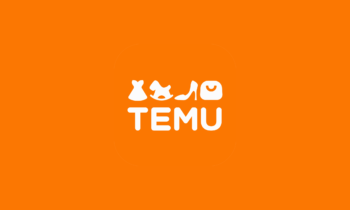
Elon Musk has escalated his dispute with OpenAI by requesting a US court to intervene in the organization’s shift towards a for-profit model. The injunction, filed by Musk’s attorneys on Friday, aims to halt OpenAI’s plans to become a public benefit corporation, CNBC reports.
A Legal Clash Over OpenAI’s Mission
Founded in 2015 as a non-profit, OpenAI pledged to advance AI research for the collective benefit of humanity. However, its transformation into a “capped” for-profit entity and its potential shift to a public benefit corporation have sparked controversy. Musk, a co-founder of OpenAI, has been an outspoken critic of its profit-driven direction since leaving the organization in 2018.
The injunction also alleges that OpenAI restricts its investors from backing competing AI companies, creating an uneven playing field in the booming artificial intelligence sector. Musk argues that such practices unfairly hinder competitors like his AI venture, xAI.
OpenAI’s Growing Influence
OpenAI has emerged as a key player in the AI industry, with its flagship product, ChatGPT, becoming a household name. Its pursuit of profitability is seen as a means to attract the massive investments needed to maintain its competitive edge in an industry dominated by tech giants.
Competing Philosophies
Musk’s legal actions stem from his belief that OpenAI has strayed from its original mission of transparency and accessibility. He has also championed open-source development in AI, contrasting sharply with OpenAI’s current trajectory under CEO Sam Altman.
For its part, OpenAI has dismissed Musk’s allegations, claiming his criticisms are driven by personal grievances. The organization insists that its transformation is essential to securing the resources needed for groundbreaking AI innovations.
As the legal battle unfolds, it highlights critical questions about ethics, competition, and the commercialization of artificial intelligence.


